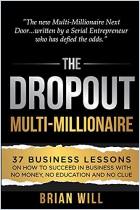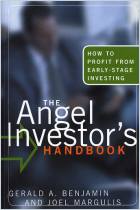
Venture Capital Investing
The Complete Handbook for Investing in Private Businesses for Outstanding Profits
Recommendation
This book is a thorough, practical guide to the nitty-gritty of venture capital investing. This comprehensive, well-organized instruction manual summarizes the homework you should do before you make a venture capital investment, the paperwork needed to carry out the investment and the ongoing work you will have to undertake to have a prayer of seeing your investment pay off. If it is a little plodding, you can understand why. It covers a lot of ground. The authors compare venture capital investing to a partnership at one point, to a marriage at another. They don’t attempt to sell you on venture investing. In fact, by telling you how difficult and labor intensive it is, they may even drive you away. getAbstract.com believes this book definitely belongs in the library of anyone who has ever taken a serious interest in venture investing. It will also help entrepreneurs who need venture capital financing by showing them how to evaluate their companies according to the criteria that serious investors are apt to use.
Summary
About the Authors
David Gladstone is CEO and chairman of Gladstone Capital, which he founded. He is the author of Venture Capital Handbook: An Entrepreneur’s Guide to Raising Venture Capital.Laura Gladstone is a principal in Gladstone Capital.




















Comment on this summary or Start Discussion